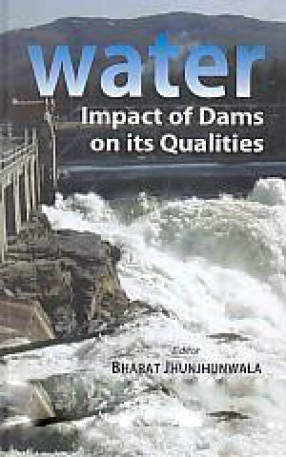
Bharat Jhunjhunwala

Showing all 10 books

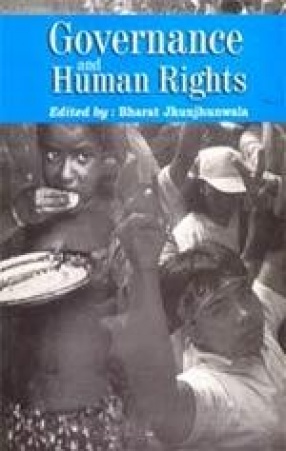
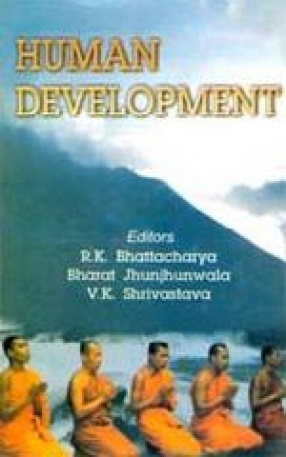
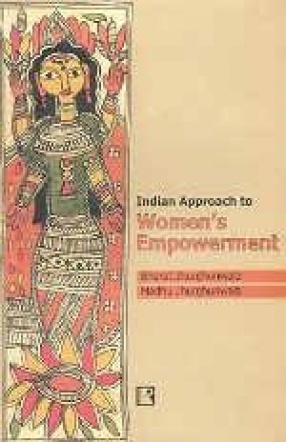
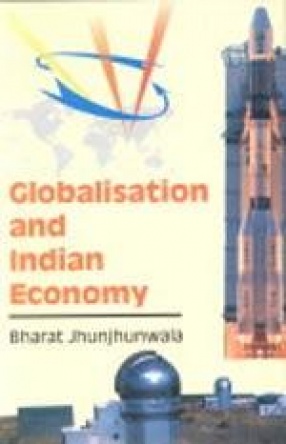

This is a study of the effects of hydropower dams on the physio-chemical and biotic quality of river water. It examines how the hydropower projects adversely impact on the spiritual change that river waters carry. Arguing that river water such as that of the Ganga have special psychic or spiritual powers and these are irreparably harmed by making the water flow through tunnels, reservoirs and turbines, it calls for use of the psychic powers of the rivers to give ...

Hydropower dams are being removed in America while they are being built in India. Our experts calculate that immense benefits can be reaped from hydropower while American calculations show that hydropower is costly if economic costs of loss of fishing, recreation, biodiversity, etc. are taken into account. The use of rivers for these alternate activities generates welfare directly by improving the quality of life. It also generates large incomes from these ...

The papers presented in this book explain the Indian approach to Governance and Human Rights. Little literature is presently available which can explain the system of governance which enabled the Indian civilisation to survive for 5,000 years. This book makes a path-breaking contribution in the direction. It shows that there were many methods of checking the excesses of the government. One among such measures was people's resistance which has been formally ...

The Western concept of Human Development revolves around the material aspects such as income and education. This may not lead to happiness, which comes from exhaustion of one's desires by introspection along with fulfillment. Material development becomes a trap in absence of such introspection. Expansion of choice is liberating only if it is in the direction of one's inner desires. The varna system was designed to help individuals in fulfilling their different ...
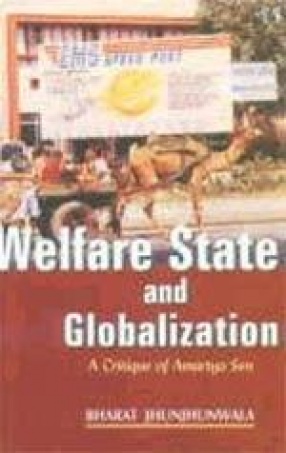
This book puts forth a strong argument that equality between presently developing and industrial countries is not only possible but is inevitable. This march towards equality is being held back by the ideology of redistribution espoused by Amartya Sen and a large number of agencies including the World Bank and the IMF, United Nations and western NGOs. The author demolishes Sen's case for redistribution by appealing to the Sanatana tradition, including ...

Men and women find happiness in different ways. This is partly due to social conditioning and partly due to their different genetic and psychological inheritance. Thus, their path to happiness will also be different. This book explores the difficult theme of women's psychic empowerment by building on the Indian understanding of gender differences. The human psyche is located in six chakras in the spinal column. Each chakra is the centre of certain abilities. ...
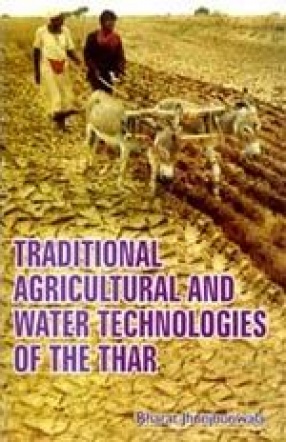
This book is a path breaking documentation of traditional technologies in agriculture and water management in the arid regions of the Thar desert. The technologies have been profusely illustrated. Surveys have been profusely illustrated. Surveys have been done of the extent of use of traditional technologies. Technologies have been classified in the categories of 'stable', 'potentially viable' and 'declining'. Suggestions have been given for technology ...
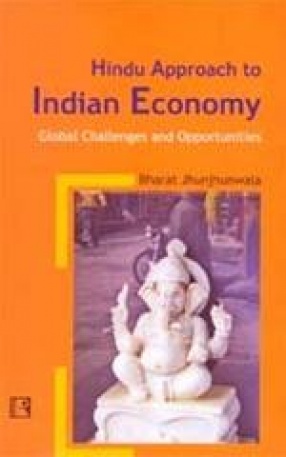
This book makes a path-breaking effort to build two bridges. The first bridge is between the Hindu tradition and modern economics. The author holds that the market system is consistent with the Hindu tradition. However, it should be actively controlled by the state in public good. People’s welfare will not be secured spontaneously by the market. Especiall7y, pro-active intervention is needed to generate employment and sacrifice economic growth to some extent in ...


This book presents the changing contours of India's position in the global economy. The first section deals with India's defensive posture in the nineties vis-a-vis the Multinational companies. The resistance to speedy opening up of the economy has enabled Indian businesses to become globally competitive. The second section deals with the challenges before India in the beginning of the twenty first millennium as she is increasingly recognized as a world power. ...
